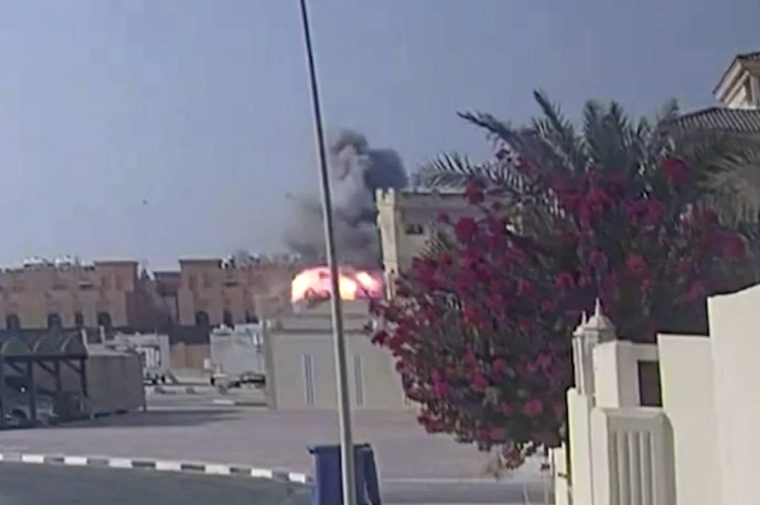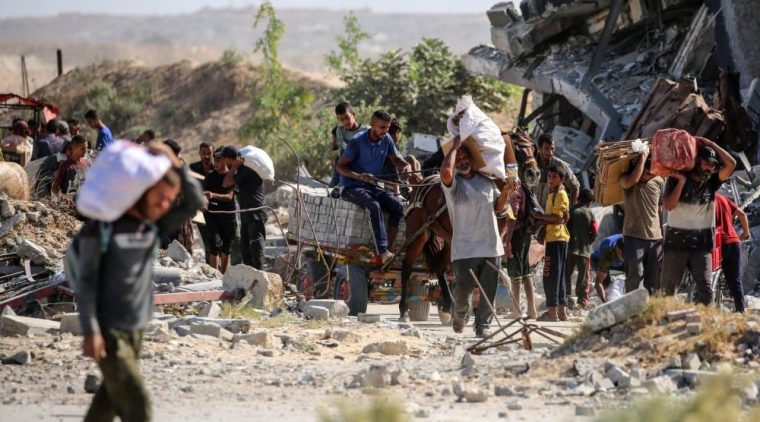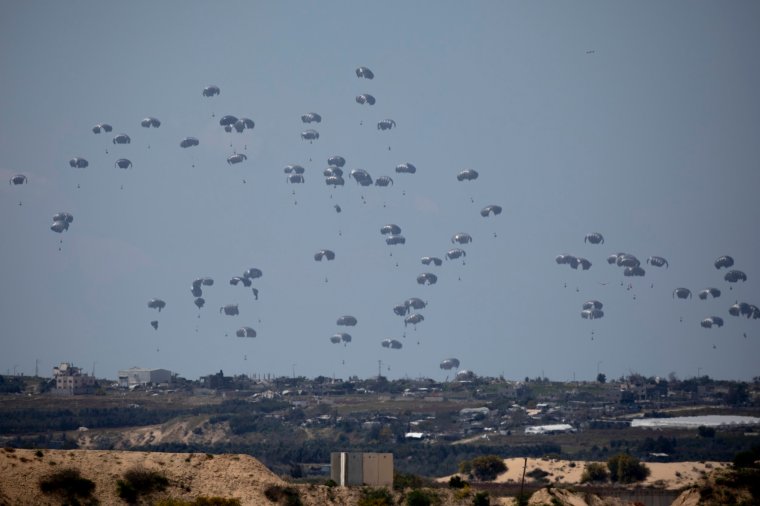Egypt has taken the lead for negotiations after Qatar withdrew. What does it stand to gain?
In the complex web of Gaza peace negotiations, one country could make or break the outcome.
Israel and Hamas are engaged in crunch talks over the war in Gaza, mediated by Egypt.
The two parties are negotiating indirectly in Sharm El-Sheikh, with mediators from the US, Egypt and Qatar attempting to broker an agreement.
But Egypt itself has a major stake in the talks, with a fine line to tread between Israel and Palestine, and important ties to both.
The talks come after both sides tentatively agreed to parts of Donald Trump’s 20-point peace plan, including the release of Israeli hostages and Palestinian prisoners, the withdrawal of Israeli troops from Gaza, and a surge in humanitarian aid.
Egypt has taken the lead on mediation after Qatar suspended its work as a go-between in November 2024, saying it would resume when Hamas and Israel showed a “sincere willingness” to reach a deal.
In September this year, Israel launched an air attack on the Qatari capital of Doha, targeting Hamas leaders who were meeting to discuss ceasefire proposals.

Egypt’s foreign minister Badr Abdelatty has said Cairo negotiators are working hard to get both parties to agree to Trump’s peace plan, adding that it was clear that Hamas had to disarm and that Israel must end its offensive in Gaza.
Abdelatty accused Israel of genocide, a finding backed by a UN report but rejected by the Netanyahu government, and said it had “gone beyond revenge” for the October 7 attacks.
But he also criticised Hamas, saying that if they reject the peace deal, it would be “very difficult” and lead to further escalation.
Egypt’s interest in peace
Egypt has security and intelligence ties to Israel and buys its natural gas, while also housing Hamas operatives, experts told The i Paper.
Dr H.A. Hellyer, senior associate fellow at the Royal United Services Institute specialising in Middle East affairs and regional security, said that Cairo has a “very clear and manifest interest in bringing this war to a close”.
“Egypt is, of course, right on the border, so there is a clear strategic, security imperative that the Egyptians recognise and I think are legitimately concerned about,” he said.

“Israel is pursuing a doctrine of regional paramountcy, and will strike wherever they want to strike. I think Egypt recognises that spiral as being detrimental to its own interests, so that’s why they want to get involved and try and get things de-escalated as soon as possible.”
Cairo is uniquely placed to negotiate over the future of Gaza.
“On the mediation side, Cairo is the only capital which has contacts with all of the Palestinian factions and the Israelis,” Hellyer said. “They’ve always been known for that and have engaged in negotiations and been supported to have that role by different powers.”
Egypt can bolster international image
Egypt may also be attempting to enhance its international standing, one analyst said.
“Mediation is a way for countries to make themselves important and relevant, not just to regional powers but also to the superpowers,” said Dr Robert Geist Pinfold, an expert in international security and the Middle East at King’s College London.
“The Qataris will always say that they have a Hamas office in Doha because the Americans asked us to let them open it to use as a backchannel in talks. It was a way for Qatar, which is a very small country, to make itself more relevant and tie itself to the US, to show it could add value. Egypt is now trying to take over that crown.”

Pinfold said that Egypt was in a “good spot” to mediate having had a Hamas office in Cairo for some time, “for the same reason as Qatar – that the Americans asked them to set up a backchannel”.
“The Egyptians seem to think that Qatar’s loss is Egypt’s gain. They’ve been struggling to be relevant for a while now, as the balance of power in the region shifts towards the Gulf. This is Egypt’s way of putting itself back on the map.”
He added: “It may also create some distance between themselves and the Israelis, to show they’re being a neutral arbiter and not taking the Israeli side, which is what they’ve been accused of in the Arab world for some time.”
Fears of Israeli attack
If the position improves Egypt’s standing overseas, it may also make it feel more secure at home.
“Speaking to my Egyptian contacts, there was a genuine fear after Israel struck Doha that they would be next. They have a Hamas cell in Cairo, and yes, it was there for the Americans but that was the same argument with the Qataris and they still got bombed. This is a way for them to take the target off themselves.”
The mediation is a “tough balancing act”, navigating the competing and contradictory interests of Israel, Hamas, and the US, among others – but might be perceived as win-win.
“It’s relatively low-risk. If the talks fail, no one will blame Egypt, they’ll blame Israel, Hamas or the US, and Egypt can position itself as a fair arbiter and neutral party.
“But this seems like the closest to a deal we’ve been for a long time, if ever, and if it comes off, Egypt can take credit for that.”
